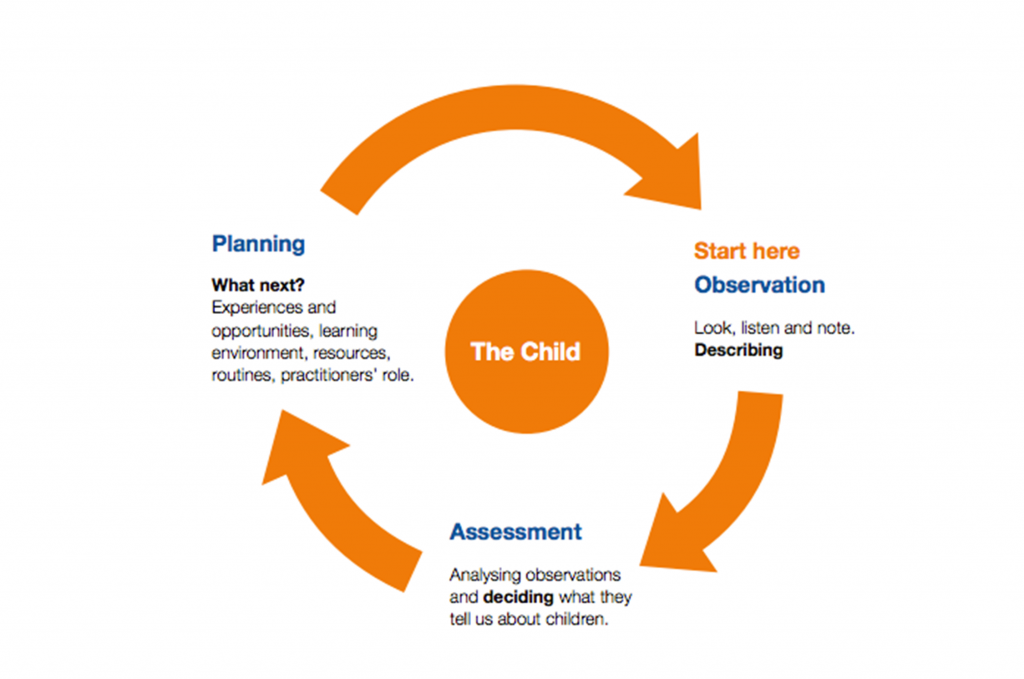At the centre of any Early Years Foundation Stage planning is the child. Observing and monitoring what children choose to do , their interests and the resources they select provides adults with evidence about the individual child. Observations gathered allows practitioners to plan the child’s next steps and effective planning supports and extends on the children’s current interests and learning styles.
Ways to incorporate children’s interests into the Early years Foundation Stage planning.
- Ask the children what they would like to do, use widget symbols to support children’s choices and mind map their thoughts
- Introduce a Talking tub which is filled with lots of interesting items and pictures. The items in the box are all linked to a theme. It may be summer, outdoor, transport, food etc. The children in small groups (8 max) select an item discuss what it is and what they know about it. Practitioners discuss what they would like to find out about the item. The children lead the conversations and together everyone plans future learning opportunities. Each child has a clipboard, paper and pen during this session and they can draw anything they like. Sometimes the children draw their thoughts. It is a way to conduct medium term planning engaging children in the planning process.
- Practitioners observations off the children’s interests lead to the enhancement of purposeful play and guided activities.
- Carry out daily observations which link to the Early Years Foundation Stage. Use 2 lots of planning , one adult led and one child led. Child led play allows the children to explore, this enables practitioners to observe what they like and they can plan activities incorporating the child’s interests.
- Plan activities around what the children have been observed on and scaffold the learning with additional activities or by adding further resources to enable re visiting to progress their interests further, and don’t forget to link the observations with schemas too
- Ask parents about the children’s interests at home.
- During circle time use a velcro board, let children choose pictures and symbols and place these on the board and then display this in the room.
Creating effective planning is about ensuring you are meeting the needs of the children so they can play, explore and learn, this will help them develop skills across the Early Years Foundation Stage. Planning can be different across all Early Years settings however as long as the children are placed at the centre of the planning this will help children to get the best possible start in life.

